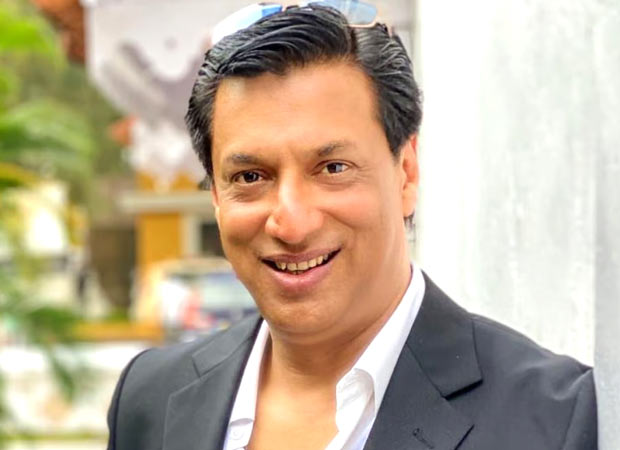Beijing views original innovation and tech self-reliance as pivotal to its footing in the global tech race and to break US-led containment. It has increased spending on scientific research and made efforts to address flaws in research and academics.
MOST unveiled a document in September 2020 to address violations in scientific and technological pursuits, and publicly denounced researchers involved in nine cases of hiring ghost writers and fabricating project spending.
Chinese universities and research institutions regularly disclose academic misconduct, but it is rare for the top science regulator to reveal irregularities.
According to the ministry, Sun Beicheng, former vice-president of Nanjing Gulou Hospital, called and messaged reviewers to lobby them to approve his application for state funds for his research programme.
The four reviewers did not report Sun’s “calls for favour” to the regulator or request recusal. One of them, Zhao Yuanjin of China’s Southeast University, “assisted” in his request and later tipped Sun off that he was being investigated by the ministry, according to MOST.
The misconduct “severely disrupted” the application review process and “caused trouble for researchers who are dedicated to their work”, the ministry said, adding that it was “detrimental to the image of the scientific community and development of technological innovation”.
The ministry vowed “zero tolerance” for calls for favour in the funding application review process.
It also reported four cases of plagiarism on applications in areas such as research methodology, innovative points and key indicators, which are crucial for appraisals for state funding.
MOST said it had summoned the people in charge at the research institutes and ordered them to strictly follow scientific research integrity guidelines and rectify their misconduct.
“Scientific integrity is the cornerstone of technological innovation,” the ministry said.
It also pledged to “step up the supervision of issues related to academic dishonesty, such as plagiarism, theft of intellectual property and fraud, and intensify the penalties for these violations”.







